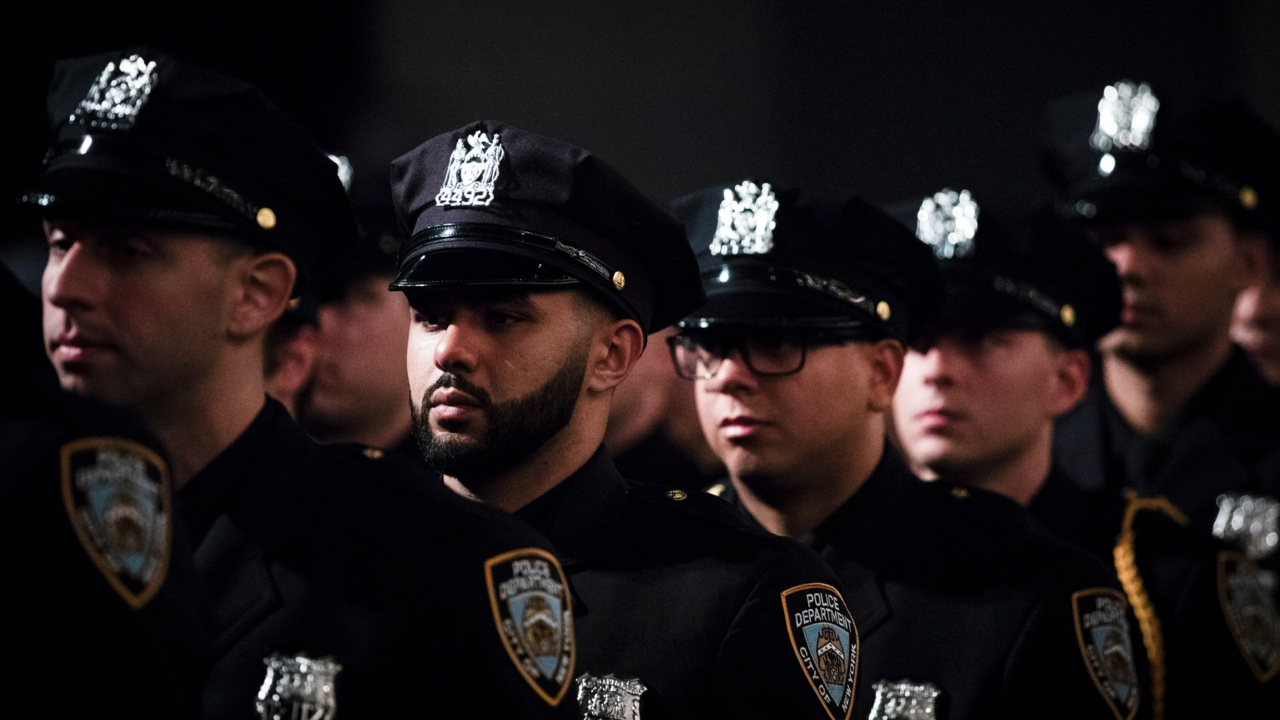Case Status: Loss
Fraternal Order of Police v. Montgomery County, Maryland

CIR Defends Police Union Against Government Electioneering
It seems commonsense to say that the government should not spend public funds to support one particular candidate or cause in a public election, yet that is exactly what the government of Montgomery County, Maryland has done. CIR filed an amicus brief in a case challenging the use of public funds to support one side in a popular referendum, to convince the courts that government electioneering is always bad for democracy.
Like most jurisdictions across the country, Montgomery County allows its citizens the opportunity to overturn any legislation through a public referendum. So as long as citizens collect the requisite number of petitions, they are free to launch a campaign to overturn any locally enacted statute.
Referendums Serve to Check the Power of Elected Officials
On August 1, 2011, Montgomery County passed a law that stripped junior police officers of the right of “effects bargaining.” Effects bargaining, previously enshrined in Montgomery County law, required changes in budgets and agency restructuring to be subject to collective bargaining based on the effects those changes have on police officers.
Pursuant to county law, the Fraternal Order of Police collected enough signatures to hold a referendum and began to wage a campaign to restore the rights of junior police officers.
Instead of allowing a public debate to take its course in the free market of ideas, the county government began waging a thoroughly political campaign in support of the law. Using public funds, the county government purchased signs, conducted email campaigns, and instructed county employees on county time to design and distribute posters, yard signs, and flyers. By the end of the campaign, the county had spent over $122,000 of public funds – over ten percent of the Public Information budget – on political messaging in support of their law.
Government Electioneering Harms Democracy
Because direct democracy allows the people to bypass elected officials, governments composed of those officials should not interfere in the referendum process. Government electioneering in direct democracy weakens, in a particularly perverse way, the vital corrective role that referendum play in self-government.
The actions of the Montgomery County government werea prime example of government electioneering overriding the voice of the people. The reigning county government took public funds and used them to further their own partisan interests in a public election. Indeed, the County Executive emailed all Democratic precinct officials and urged them to support the law because, as he explained it, “As Democrats, it is our duty to protect our government.”
Essentially, the County Executive authorized the use of political funds to benefit the campaign of his own party and to benefit his own party’s elected officials. When government officials are permitted to spend public funds on partisan campaigns, it is the people that suffer. When a question has been put on the ballot for the people to consider, it is usually because the organs of elected government have failed to consider the people’s voice on that issue.
When the Court of Appeals of Maryland agreed to hear the case, CIR filed an amicus brief in support of the Fraternal Order of Police. Our brief argues that democracy suffers when the government is allowed to engage in partisan electioneering. CIR believes elected officials should not be allowed to spend public funds in support of their own partisan campaigns.
